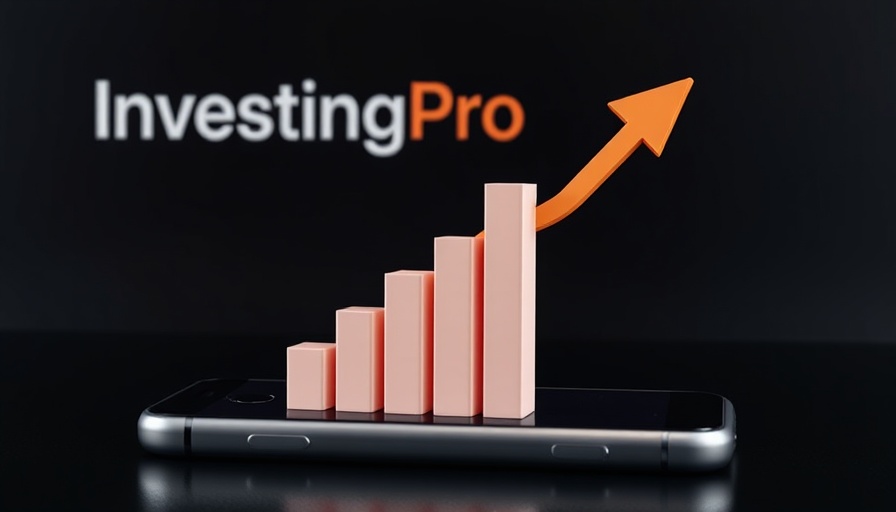
The Immediate Impact of New Tariffs on the Stock Market
In an unprecedented move, President Donald Trump's announcement of a significant increase in tariffs is sending shockwaves through the stock market. On Thursday, major indices fell sharply as investors reacted to the potential ramifications of this trade policy. The announcement came as a surprise, with many analysts predicting that the tech sector, particularly vulnerable due to its heavy reliance on global supply chains, would be disproportionately affected.
Tech Stocks: The Canaries in the Coal Mine
Tech stocks are often viewed as the barometer for market health. As these companies frequently depend on international markets for production and sales, the new tariffs have raised concerns among investors. Industry giants like Apple and Google are likely to feel a significant pinch in their profit margins, leading to investor skepticism and volatility in tech-related investments.
The Nasdaq composite index, heavily weighted with tech stocks, plunged, reflecting widespread apprehension among shareholders. Investors may want to keep a close watch on this sector, as a downturn could prompt broader market corrections.
Understanding the Ripple Effects Across Industries
The ramifications of increased tariffs extend beyond just the tech industry. Sectors such as manufacturing, healthcare, and consumer goods also rely on global supply chains. Higher costs for imported materials could lead to increased consumer prices, further driving inflation, and ultimately impacting consumer spending. This could foster a downturn not just in tech stocks, but across multiple sectors.
For investors, this signals a crucial moment for stock market analysis and strategic investment planning. Those with diversified portfolios might find themselves more insulated from the volatility, showcasing the importance of asset allocation and risk management.
Investment Strategies Moving Forward
Given the turbulent landscape, savvy investors will need to revisit their strategies. Long-term investing approaches, such as value investing and seeking out dividend stocks, may offer a hedge against the kind of volatility we’re likely to see in the short term. Investment in low-cost index funds and ETF investing might also present useful alternatives for those looking to navigate through these uncertain times.
Meanwhile, diversifying investments into sectors traditionally viewed as more stable—such as real estate or high-yield bonds—could be worth considering. Such sectors often retain value during stock market downturns, proving to be essential for portfolio diversification.
Global Context: The Bigger Picture of Tariff Policies
As the world economy faces a potential shift due to the escalation of tariffs, understanding global trends and international investing becomes imperative. Countries affected by U.S. tariff hikes will likely retaliate, leading to a cycle of increasing protectionism. Analysts suggest that this could hinder global trade growth, ultimately affecting industries reliant on such trade.
Investors should remain vigilant on how these international dynamics play out and how they might signal broader trends in global markets. Emerging markets could present both risks and novel opportunities as policies shift.
The Importance of Staying Informed
The situation remains fluid, and with stock market volatility expected to continue, investors must stay informed. Utilizing investment research tools, subscribing to credible financial news sources, and even leveraging investment apps can provide timely insights for making informed decisions during this uncertain period. Adequate market research and understanding economic indicators will play a vital role in successful investment strategies.
Preparing for Economic Shifts: Take Action!
As we move further into an increasingly complex trading environment, considering factors like inflation protection investments and the potential for recession is critical. Take this opportunity to reassess your financial goals, as well as your risk tolerance. Remember, informed investing is proactive investing. Now is the time to evaluate and, if necessary, adjust your portfolio to mitigate potential losses and take advantage of new opportunities.
 Add Row
Add Row  Add
Add 



Write A Comment